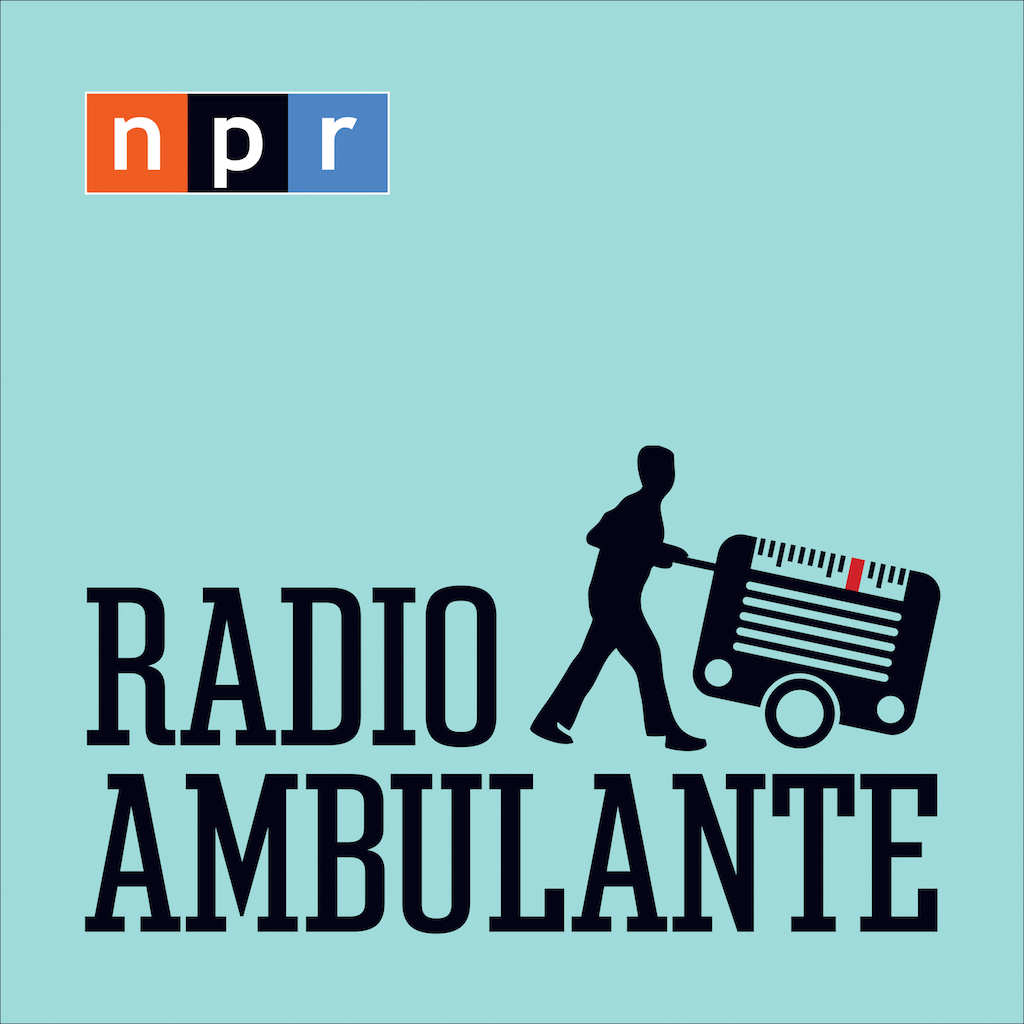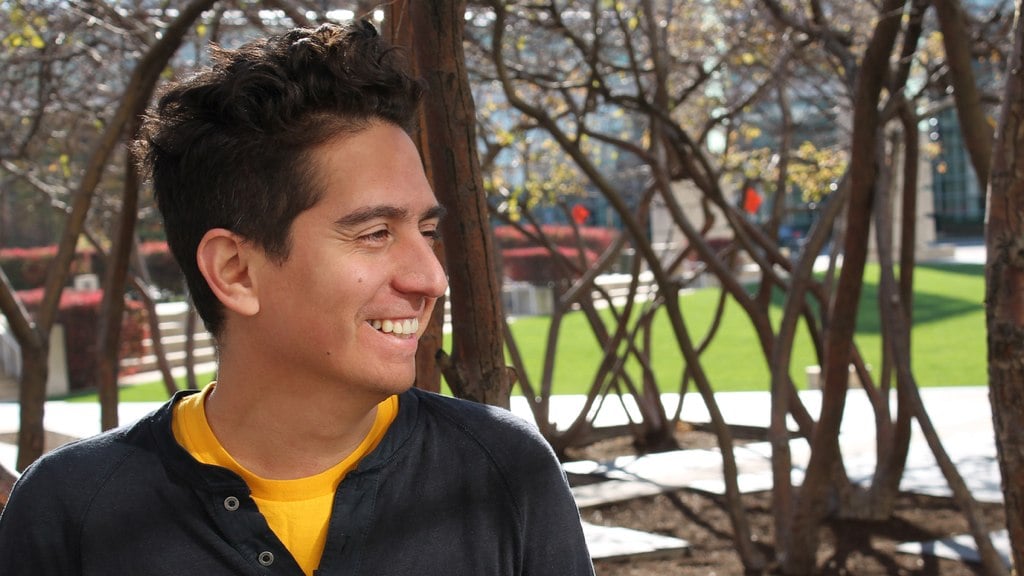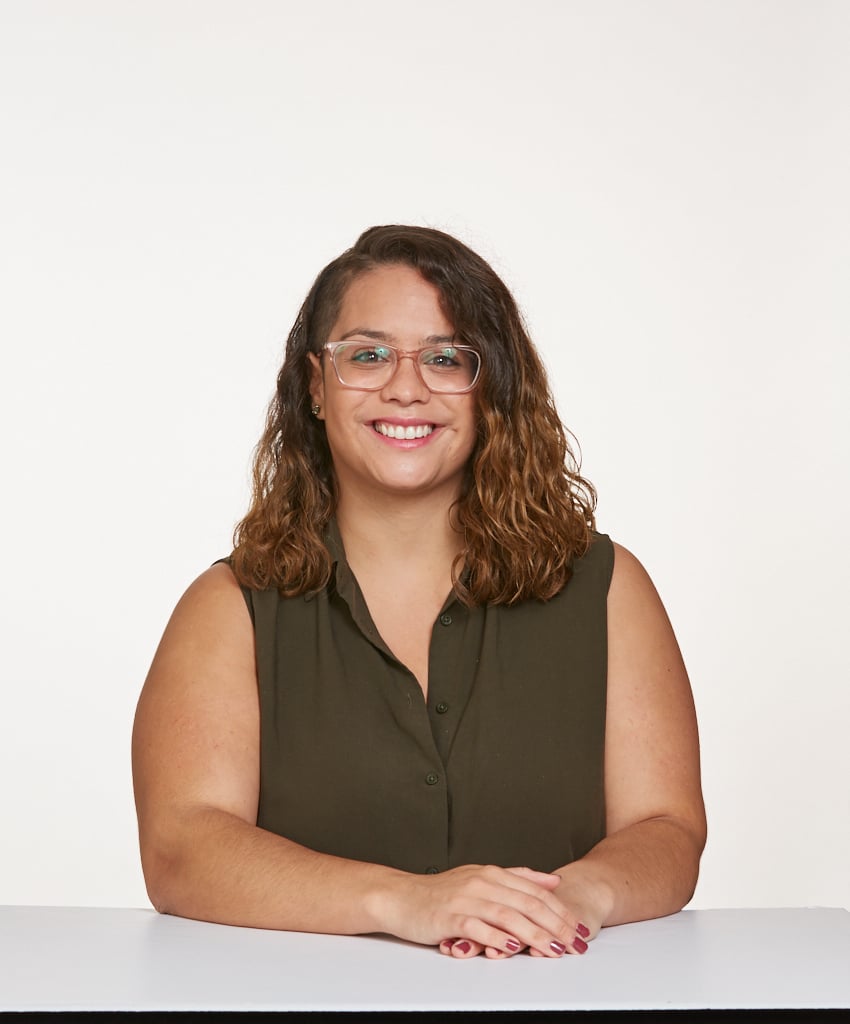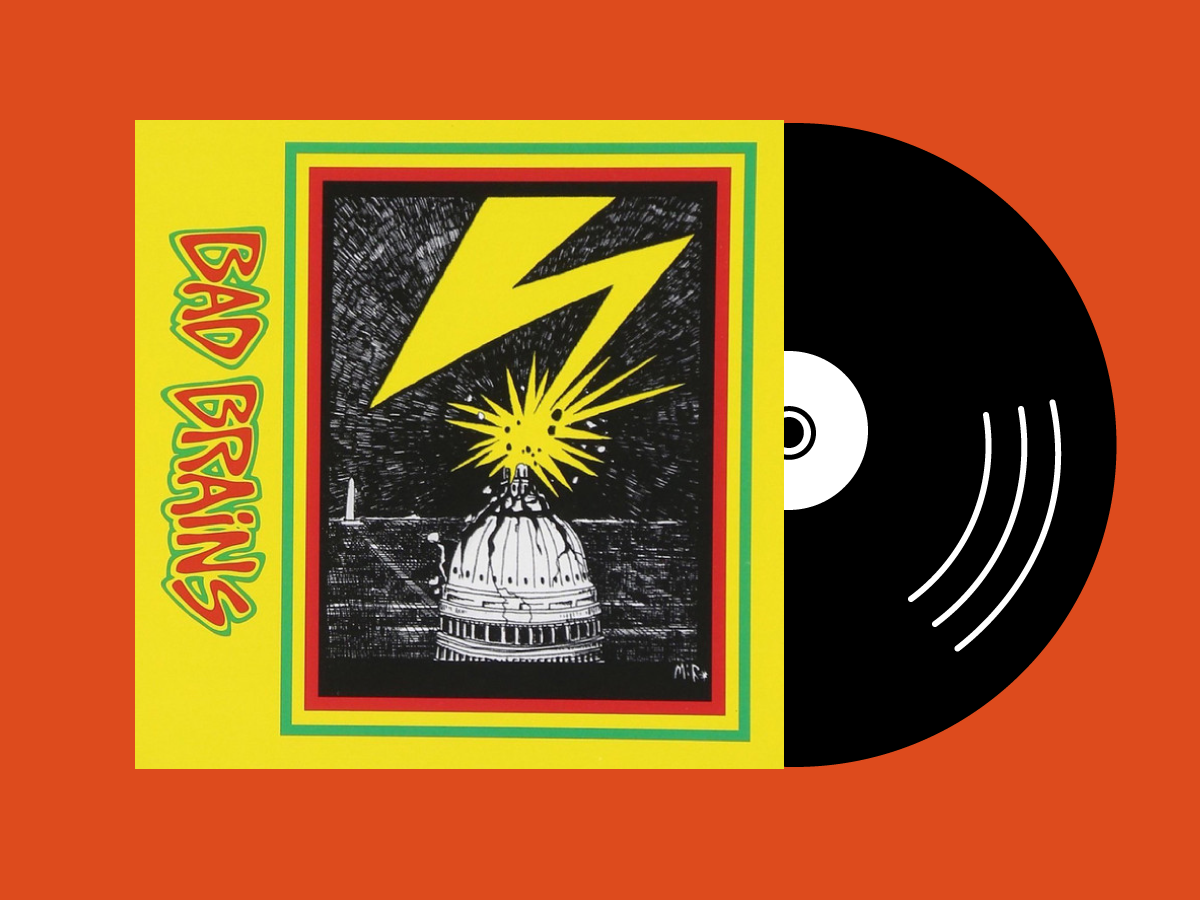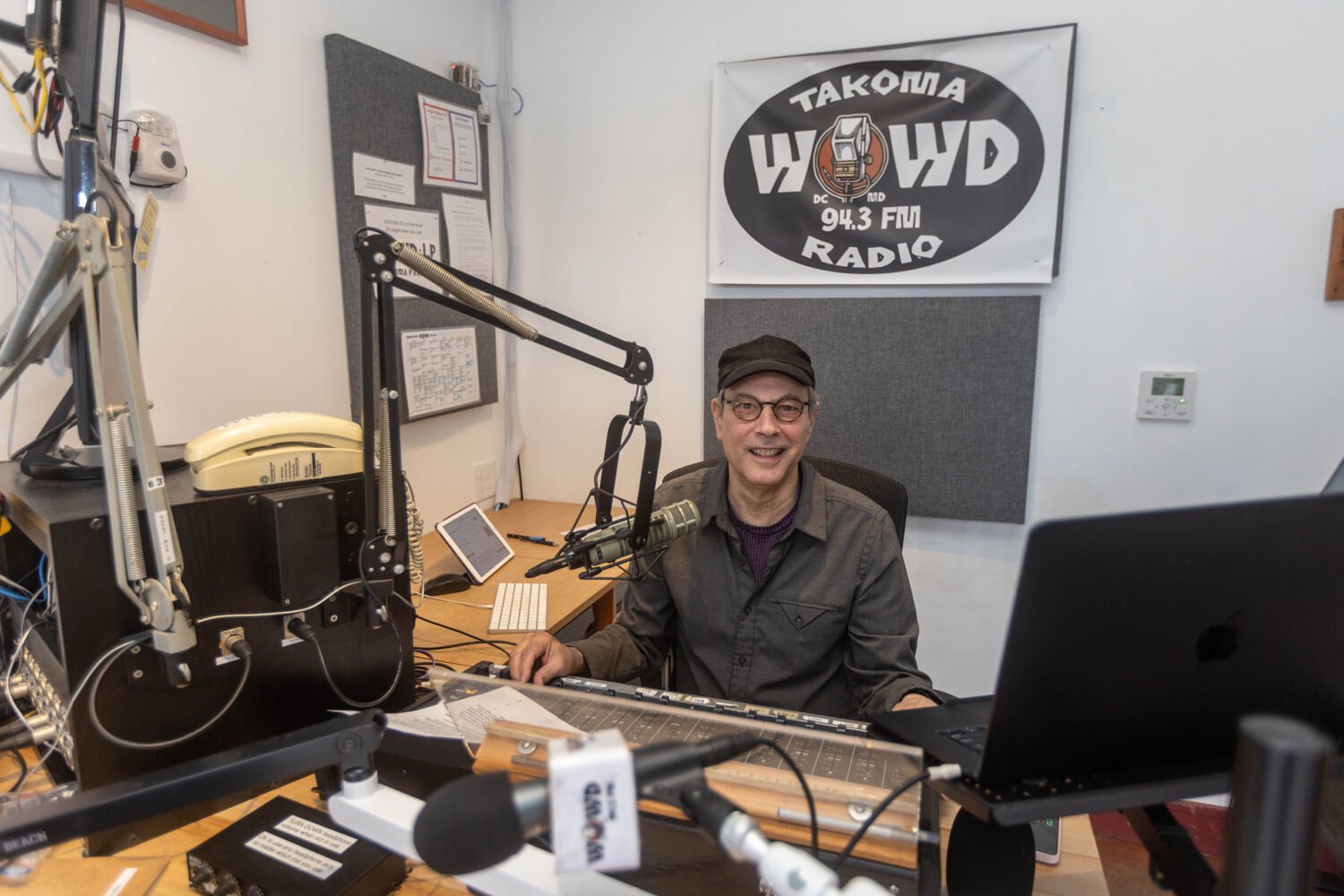On Tuesday, NPR added the first Spanish-language entry in its podcast lineup with the release of Radio Ambulante, a weekly program about Latinos in the United States and across Latin America. The show, started by the husband-and-wife team of Peruvian journalist Daniel Alarcón and Colombian entrepreneur Carolina Guerrero, debuted five years ago as an independent podcast, and will now enjoy the reach of the nation’s leading public-broadcasting organization.
Radio Ambulante will not be NPR’s first program produced entirely in Spanish—the broadcaster distributed distribute Enfoque Nacional, a weekly half-hour news program from 1977 to 1988—but it will be NPR’s first podcast to do so. Two other shows, Latino USA and Alt.Latino, are produced primarily in English.
Alarcón chatted with Washingtonian just before the first episode was released.
How did you get into radio journalism?
I started out writing novels and short fiction and in 2007 I published a novel called Lost City Radio, which led to an invitation from the BBC to do a radio documentary [The Padlocked Town], and that was very cool. I ended up doing a piece for the BBC about an immigration to Lima. So it was a really exciting project for me, I had never done radio and that sort of started me down this path. I really enjoyed the process, I really enjoyed doing the documentary and also working with a producer from the BBC and that led me to sort of think about working in that media more, sort of the kinds of radio I would like to do. Then in 2011 with my wife, Carolina Guerrero, we started this, we decided we wanted to try to do a narrative podcast about Latin America and about Latinos in Spanish.We did a Kickstarter campaign, raised about $46,000 from more than 600 donors in 20 countries. This was the first Kickstarter for a podcast. And it worked. We did our pilot season in 2011 and then started making it more regularly the year after that.
What were the rewards and challenges of launching the podcast?
The rewards were getting to work collaboratively with journalists from all over Latin America to create a team. Like working on a story from Mexico one day and from Puerto Rico the next and from Venezuela the day after. And sort of getting a broader sense of Latin America as opposed to my Peruvian-centric view or Carolina’s Colombian-centric view. Hearing stories from Argentina and Chile and Ecuador and El Salvador, and on and on. That part was and continues to be a real joy and I didn’t realize how much I would enjoy that. The challenges? I’d never held a microphone before, I mean that’s a big challenge. I’d never written a radio script. Even when I did the piece for BBC, they had a producer there who was coaching me, sort of like giving me kind of a crash course. It wasn’t like I had experience working in an NPR newsroom and then started the project. And I think that coming to it from a place of ignorance means that you’re a blank slate. You haven’t inherited the typical or conventional way of doing things, you’re sort of making it up as you go along and that’s also very liberating. As frightening as it can be intellectually to not know what you’re doing in your mid-30s, I think it’s also very exciting and freeing and leads to a lot of unexpected discoveries and hopefully better ways of doing things.
In terms of content, how do you put the podcast together?
I think there’s a bunch of considerations. Geographic diversity is important. We want to tell stories from all over Latin America and the US, so we will do a story from Argentina and then a story from Mexico and then a story from Chicago and then a story from Bogotá and try to keep it mixed up. I think that’s important because our audience is international. Even our audience in the United States will hail from different parts of the world so I think it’s fair on their parts to want to see their countries of origin reflected in our work. Other considerations in terms of tone are important. Yeah, we want to not be a human rights podcast even if we might do a story about a human-rights issue or a political issue or an economics issue. Those can be heavy topics and we want to always treat those stories with seriousness and sensitivity but we also don’t want our audience to feel like they’re doing their homework. When they listen to Radio Ambulante, we want them to be entertained and moved and inspired. It’s the same way that I would look at writing a novel. You want your readers to stay up all night reading.
How will the election affect Radio Ambulante?
I think, like a lot of people, we’re still processing what’s happened. I think we want to think about the most interesting and effective way to respond. I think we have to look at the stories behind a kind of cataclysmic election like this one and what the impact’s gonna be. We certainly would be remiss to not do that, it would be a mistake not to unpack the things that have happened and try to figure out why and what the impact’s gonna be. On the other hand, it’s not something that we’re in a rush [about]. Those stories will come in time, I don’t have any doubt about that.
What are you most looking forward to in this collaboration?
I’m most looking forward to helping the newsroom tell Latin American stories and figuring out synergies between Radio Ambulante and the excellent news-gathering team that NPR has. Maybe there’s contacts we have or places we can go or stories we can bring to the news operation that might have otherwise slipped under the radar. We’re very excited about going somewhere to report in Spanish and coming back with stories that can also be used for the big news magazines. That’s one thing. The other is that there’s a lot of talk about how white the media is in the United States and I think that that’s a completely valid complaint and observation. But if you walk around the halls at NPR, this is not what you think it is. NPR is much more diverse than I think people realize. I think that one of the ways that Radio Ambulante is gonna find stories is once we become part of this network. Member stations across the country are employing bilingual Latino reporters who have great stories to tell and maybe don’t have an outlet to tell those stories on their member stations or on their local news magazine and I’m really excited to figure out how we can extend the invitation to those journalists to pitch us and help tell stories that cover the Latino communities in the United States. That’s something that’s very exciting to me as a listener and as a Latino in the United States myself and as somebody who wants to hear those kinds of stories.
